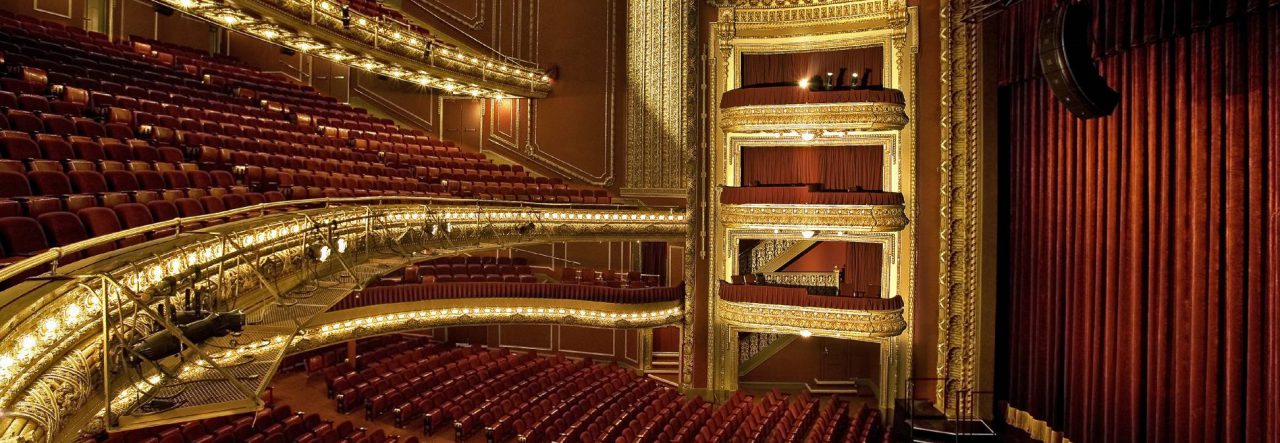Nico Muhly’s music for his opera Two Boys is often shimmeringly beautiful, and the opera’s themes are intriguing. Unfortunately, those themes are given only a surface treatment – as a piece of music Two Boys is very satisfying, but as drama very unsatisfying.
The opera takes its plot from the real-life story of the stabbing of one teenage boy by another in Manchester, England in 2001, which turned out to be the result of a tangled web of online intrigue. A very provocative premise, but librettist Craig Lucas does precious little with it. One of the boys is gay, the other deeply confused; to me it would seem that investigating their psyches would be where you would find the real meat for a piece like this.
That investigation barely happens, however, we only get a handful of passages that even glance below the surface very late in the opera. Instead, we get a detective trying to piece together through two acts what anyone in the audience with any intelligence or imagination has figured out less than a half-hour into the first act. Again, the music Muhly has written for this detective – named Strawson – is quite affecting and suggests worlds of suppressed feeling that the corny words don’t even approach, and Alice Coote sings the role gorgeously. But, still…
As the older, confused boy, Brain, Paul Appleby is a revelation, telling us more with a gesture or musical inflection than Lucas does in all the words he’s written for Brian. And Andrew Pulver is absolutely heartbreaking as geeky, gay Jake – both in his waveringly pure soprano and his poetically awkward way of moving. Bartlett Sher’s direction is brisk and intelligent, Hofesh Schechter’s surreal choreography truly haunting and 59 Production’s projection design a breathtaking marvel. But, still…
To me, looking into what motivates the troubled young Jake offers the best opportunity for helping the Met’s audience understand the thousand emotional traumas facing even the most mentally strong gay youth, let alone an introverted, isolated boy like Jake. That never happens here, and that is perhaps a bigger tragedy than any portrayed in the libretto.
For tickets, click here.









